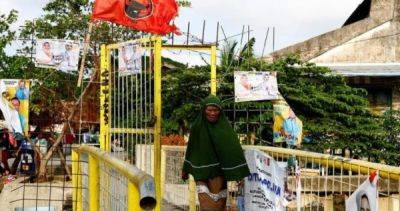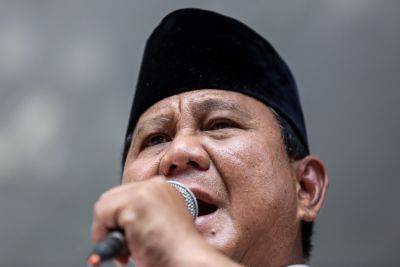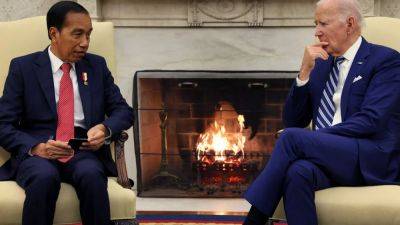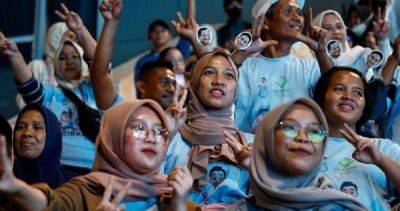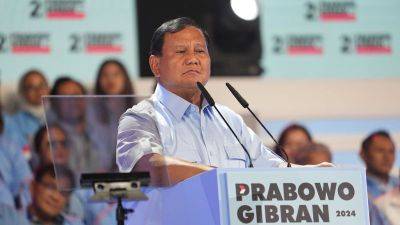Indonesia election 2024: students protest Jokowi’s perceived lack of neutrality, but will movement impact voters?
Indonesian President Joko Widodo has been a target of mounting criticisms from academics and students for his perceived lack of neutrality in the coming election, but observers say that the movement will do little to change the course of the election on February 14.
On Friday, dozens of students at the University of Trisakti in Jakarta, whose four students were fatally gunned down by armed forces during the pro-democracy protest in the late 1990s, joined the movement by issuing a declaration condemning the regression of democracy in Indonesia under Widodo. The students, alumni, and lecturers had to assemble at a bus stop directly in front of the campus because they were prohibited from gathering within the campus grounds during a public holiday, the students said.
“In our opinion, the 2024 election will be the first election that is not fair, not free, and not democratic in the democratic era. There is too much non-neutrality of state officials and apparatus, including misuse of facilities and other state resources for the interests of a certain candidate,” the declaration, titled Trisakti’s Declaration Against Tyranny, says.
“We oppose various violations of the ethics … shown by state administrators, especially by the Constitutional Court and the President, as well as officials from the [presidential] palace, ministries and institutions, up to the election organisers.”
Widodo has been accused of meddling in the February 14 election, in which Prabowo Subianto named Widodo’s son, Gibran Rakabuming Raka, as his running mate. Gibran’s path to candidacy has been controversial, sparked by an October 16 ruling by the Constitutional Court, led by Gibran’s uncle Anwar Usman, that stated anyone under 40 is eligible to run for


